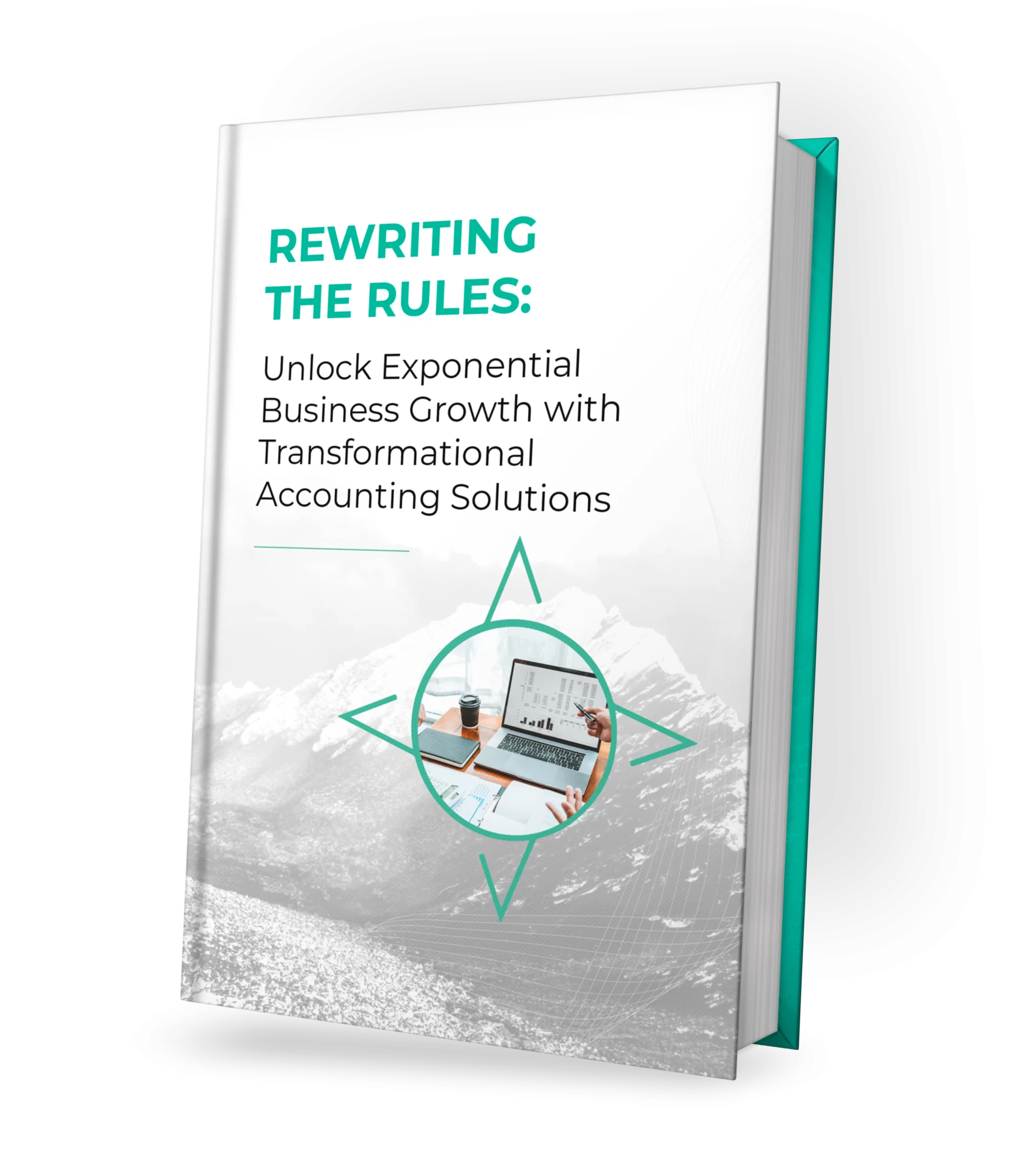Table of Contents
- Introduction
- Building Your Accounting Dream Team
- Knowing When to Hire for Each Role
- The Advantages of Outsourcing Your Accounting Functions
- Is Outsourced Accounting Right for Your Business?
Introduction
At the heart of every successful business is a robust accounting team. These financial professionals do far more than just crunch numbers – they provide the critical data and insights that drive smart decision-making and growth. From preparing financial statements for investors to guiding strategic planning, your accounting team is indispensable.
Consider all the ways a strong accounting team supports your business:
- Decision Support: Accurate, timely financial data empowers management to make informed decisions about everything from pricing to expansion plans.
- Reporting: Investors, lenders, and other stakeholders rely on credible financial reports to evaluate performance and risk. Your accounting team ensures these reports meet the highest standards.
- Compliance: Keeping up with ever-changing tax laws and regulations is a daunting task. Your accounting team keeps your business compliant to avoid costly penalties.
- Cash Flow Management: Effective cash flow management is essential for survival and growth. Your accounting team provides the visibility and forecasting needed to optimize cash flow.
- Profitability: By providing in-depth analysis of revenue, expenses, and margins, your accounting team helps pinpoint opportunities to improve profitability.
In short, your accounting team provides the financial foundation upon which your business is built. Investing in the right mix of talent at each stage of growth is one of the best decisions you can make for the long-term financial health of your company.
Building Your Accounting Dream Team
So what does a well-rounded accounting team look like? While the exact composition will vary based on your business size and complexity, here are the key players to consider:
Accounts Payable/Receivable Clerk
- Manages the processing of invoices and payments to vendors (accounts payable) and from customers (accounts receivable)
- Ensures bills are paid on time and collections are prompt to optimize cash flow
- Maintains accurate records and documentation
Staff Accountant/Bookkeeper
- Handles day-to-day accounting tasks like reconciliations, journal entries, and financial report preparation
- Provides accurate and timely financial data to support decision-making
Controller
- Oversees all accounting operations including accounts payable, accounts receivable, payroll, and financial reporting
- Develops and monitors internal controls to protect company assets
- Produces monthly, quarterly and annual financial statements
- Manages annual audits and tax filings
Chief Financial Officer (CFO)
- Serves as the strategic financial leader of the company
- Oversees financial planning, budgeting and forecasting
- Optimizes the capital structure and secures financing
- Provides financial insights to guide strategic decisions and improve profitability
Knowing When to Hire Each Role for Your Accounting Team
The following chart provides a clear roadmap for when to bring each accounting role on board based on your business stage:
| Business Stage | Roles to Hire |
|---|---|
| Startup (Pre-Revenue) | Bookkeeper |
| Early Stage (Revenue < $1M) | Staff Accountant/Bookkeeper |
| Growth Stage ($1-20M Revenue) | Controller |
| Mature Stage ($20M+ Revenue) | CFO |
The Advantages of Outsourcing Your Accounting Functions
For many growing businesses, outsourcing accounting roles offers several compelling benefits compared to hiring in-house:
- Access to Expertise
Outsourcing gives you access to a deep bench of accounting professionals with specialized skills and experience. From bookkeepers to CFOs, you can tap into the exact expertise you need, when you need it. - Cost Savings
Hiring full-time accounting staff can be expensive when you factor in salaries, benefits, office space, and technology. With outsourcing, you only pay for the services you want and need, which can significantly reduce your overhead costs. - Scalability
As your business grows and evolves, so will your accounting needs. Outsourcing provides the flexibility to easily scale your team up or down depending on your current requirements. You won’t have to worry about hiring or laying off staff as your needs change. - Technology Advantage
Outsourced accounting firms invest in the latest accounting software, tools, and security measures. By partnering with them, you’ll gain access to top-tier technology infrastructure without the upfront investment or maintenance hassles. - Time Savings
Managing an in-house accounting department takes significant time and resources. By outsourcing, you can free up that time to focus on your core competencies and business growth strategies. Let the experts handle the finances while you steer your company forward. - Stronger Internal Controls
Outsourcing reduces the risk of relying on a single individual for critical financial tasks. By introducing segregation of duties and implementing checks and balances, it enhances the accuracy and security of your financial operations.
Is Outsourced Accounting Right for Your Business?
If you’re interested in learning more about how outsourced accounting solutions can benefit your business, our team at Proseer is here to help. We offer a full suite of customizable accounting services designed to support businesses at every stage of growth.
From fractional CFO services to bookkeeping and tax strategy, we’ll build a solution tailored to your unique needs and goals. Our team of experienced professionals will provide the financial insights and support you need to make smart decisions and drive profitability.
Contact us today to discuss how Proseer can help you build a strong financial foundation for growth.

